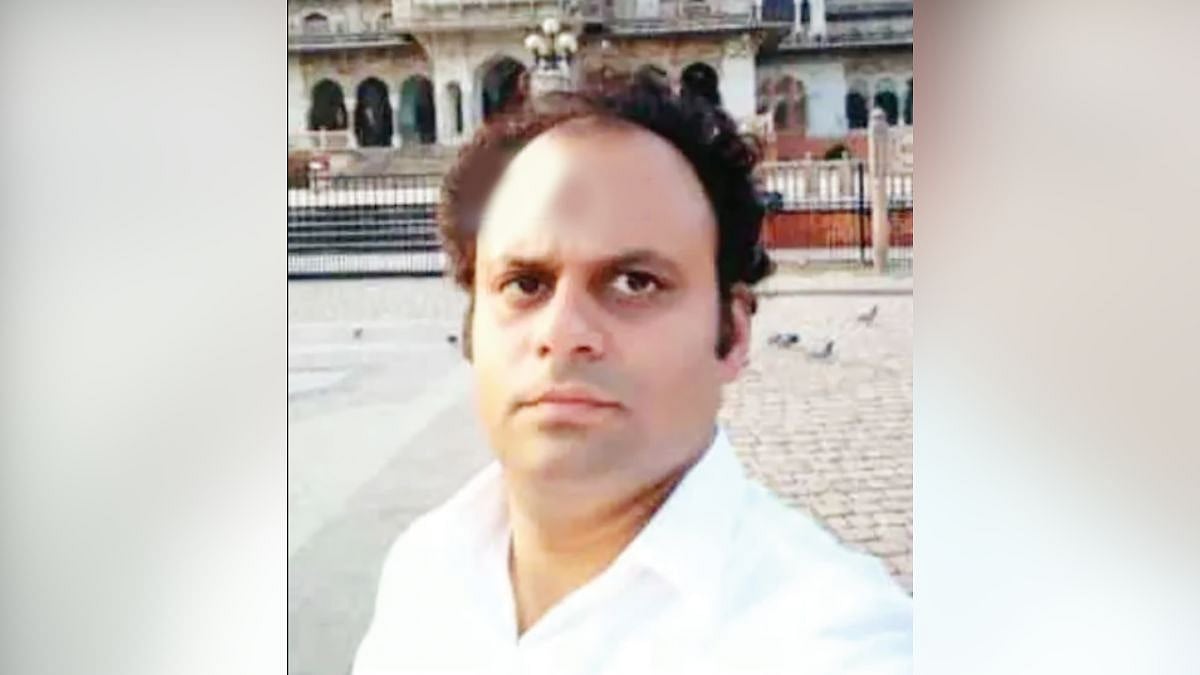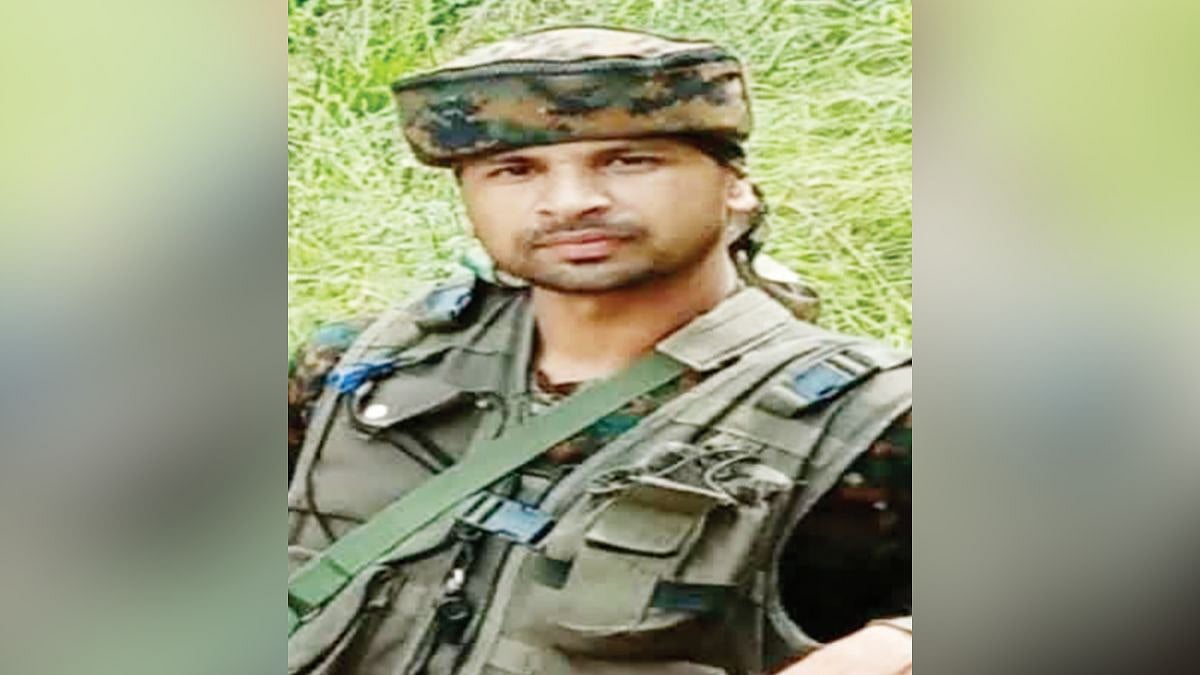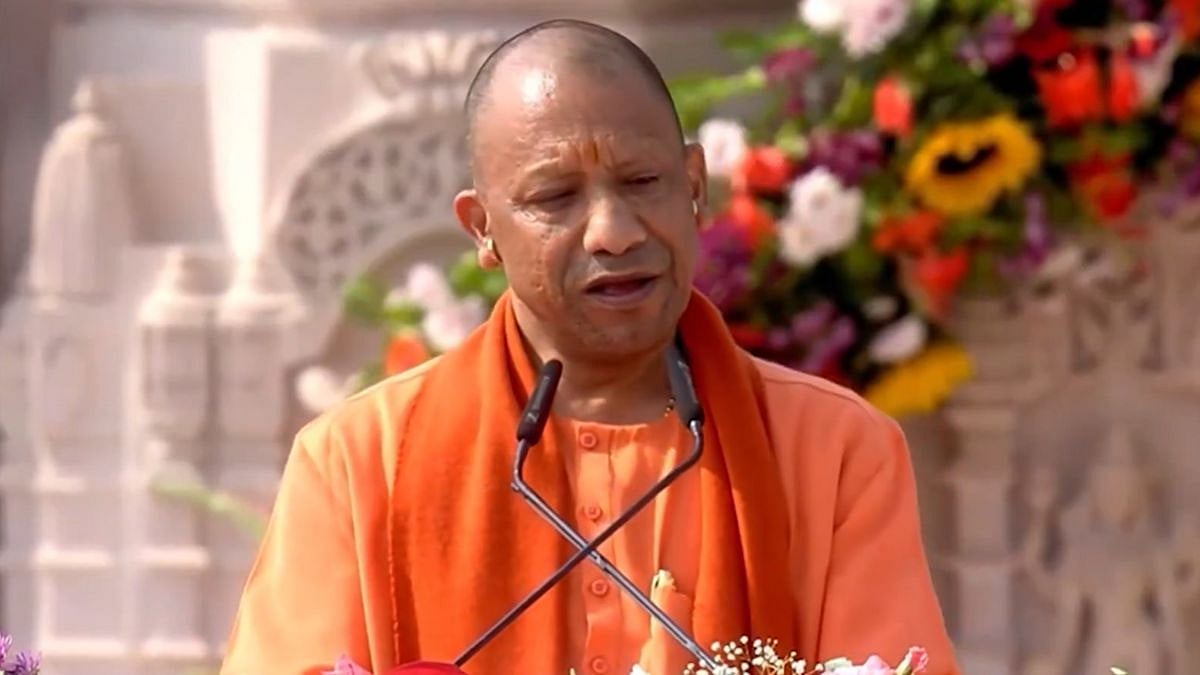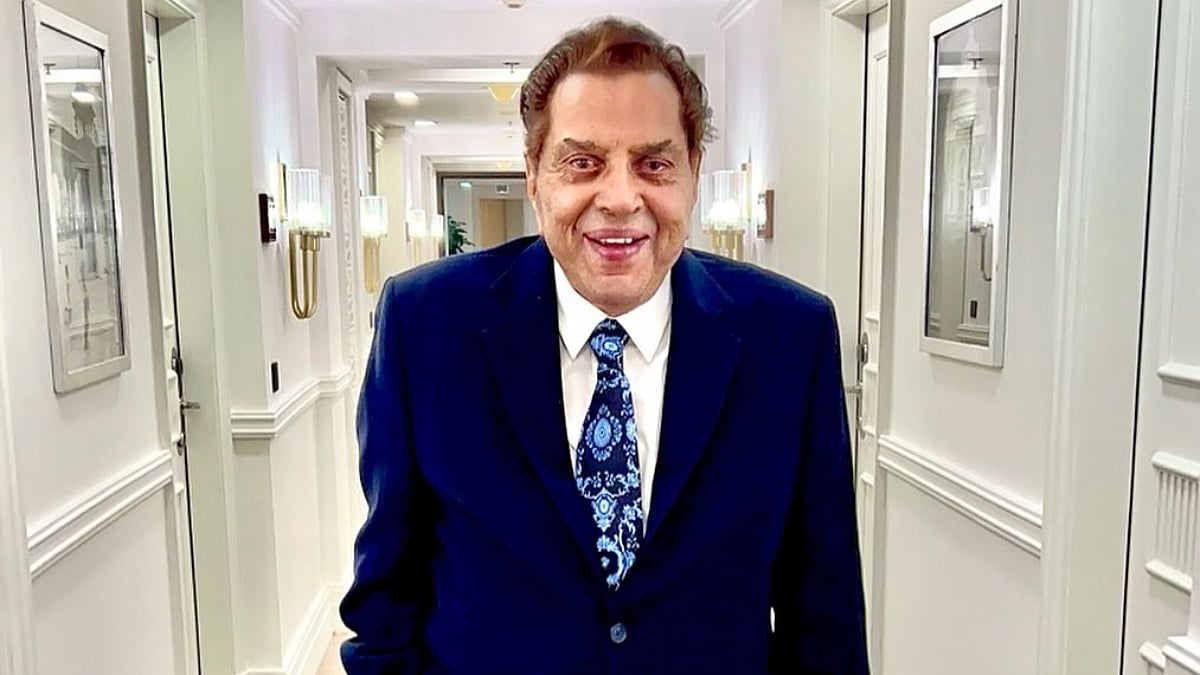All issues are political issues, and politics itself is a mass of lies, evasions, folly, hatred, and schizophrenia. ― George Orwell
On August 9, the Home Minister, while attacking the Opposition in Parliament, said, "What happened in Manipur is shameful, but to do politics over it is more shameful." On June 5, BJP MP Manoj Tiwari, in a soundbite after the Balasore train accident, said, "The Opposition is trying to politicise this accident." It is not difficult to trace a pattern of similar statements by prominent members of the ruling party after almost all the tragic events that made national news. For example, the tragedies that happened in Hathras, Kathua, and Lakhimpur Kheri were all followed by such statements by BJP functionaries, and they were pushed as the dominant narrative to the public by the mainstream and social media. In this way, public disasters and failures that are under the state’s purview are shielded from any debate by excluding them from the sphere of political discourse; conversely, artificial controversies over non-existent threats and phenomena, such as "love jihad", the allegation that allocation of beds by the Bangalore municipal authority was being corruptly done by Muslim staffers, the conspiracy theory that Covid-19 was diffused through a Tablighi Jamat super-spreader event, and so on ad infinitum, take the space of the political mainstream.
Although statements like these have been a part of political discourse in India for a long time, they became a political strategy in the aftermath of the Balakot airstrikes, which took place in February 2019, just a few months before the general elections, which the ruling party utilised to not only suppress questions and debates around the claims of its success but also to propagate their jingoistic hyper-nationalism. This strategy was very effective at killing two birds with one stone. Firstly, it was an ideological success that they were able to normalise the notion that certain subjects or situations are sacred and should not be politicised and that the public should blindly believe the official narrative emanating from the state; hence, the (in)action and intentions of the state and its institutions when dealing with these subjects or situations should not be questioned. Secondly, it was an electoral success, as the ruling party used this strategy to daub both the politicians from the opposition and the independent journalists who asked for accountability in the wake of this tragedy as immoral, anti-national, and mal-intentioned. This phenomenon is extremely alarming, as the idea that in any such situation the state is absolved from any reasonable accountability and scrutiny is extremely dangerous, especially for a democracy. The question that arises is: How did this strategy work so well?
The demonisation of the word "politics" began right after Independence and, over a period of time, became a part of popular culture and consciousness, implying that "politics" is de facto unethical. This can be described as the notion that asking for any level of accountability is equivalent to doing (unethical) politics and that the Opposition parties and the public at large should rather cooperate with the government and keep quiet in the face of such events. The emotional appeal that usually backs such rhetoric is so powerful that both the opposition parties and the general public have now begun to fall into this trap on their own. During a press conference that happened a few days after the pedestrian bridge collapse in Morbi, Gujarat, in which 141 people died, Opposition leader Rahul Gandhi was asked about his stance on this mishap, replied, "People have died there; I would not like to politicise this." Simultaneously, social media trended with emotionally charged appeals to cooperate with the government and not politicise this, and abuses were directed at journalists and politicians who tried to question the authorities and the government. A similar narrative is propagated against citizens and politicians who question the role of institutions such as the armed forces and the police in the event of a communal clash or extrajudicial killings. Notably, these responses have now become voluntary and organic.
In addition, it harks back to what the Nazi legal theorist and philosopher Carl Schmitt stated in his work "The Concept of the Political," where for Schmitt, the political is reducible to the existential difference between friend and foe. For Schmitt, conflict is an inescapable and embedded fact of human existence, and liberal or other ideological attempts to resolve or manage it are doomed to failure. The very fact of human diversity in identities, beliefs, and practices is what drives this conflict and necessitates dividing the world into friends and enemies. The institution that decides this, of course, is the sovereign, who alone has this authority and who cannot be questioned. Similarly, when it comes to public discourse, it is now the sovereign that decides what can be "political" or not, so that genuine issues of public interest are depoliticised instantly and any attempt to do so shut down, while very ordinary events are shamelessly politicised to serve the regime’s ends.
The impact of this ideational propaganda is so deep that public groups and civil society appear to be either afraid of organising or participating in protests and demonstrations even in the case of life-threatening concerns, or, in some cases, when they do gather enough courage and motivation to come on to the streets, they either do not question the highest office or they brand their protest as something that is above "petty" politics, and hence political parties should not interfere. Examples of the former are the anti-GST protests that happened in Surat in 2017, and examples of the latter are the anti-CAA and anti-Farm Law protests, in which the opposition political parties were instructed not to visit the protest sites or use their stage for their political benefit. If we compare the nature and scale of these protests with the pre-2014 demonstrations, for example, the anti-corruption uprising and the protests that arose in the wake of Nirbhaya, the differences with respect to the willing participation of the citizenry and the absence of opposition leaders can be clearly seen. This tactic of the ruling party has significantly reduced the space for opposition politics, which in turn has resulted in their curtailed visibility and acceptance in the public.
For successful oppositional politics to combat this threat, there must be a refusal to accept the ordained terrain and conditions laid down by the ruling regime as to what can be politicised and what cannot, and to raise issues and debates that are of genuine interest and affect people’s everyday lives. The recent Bharat Jodo Yatra can be seen as something that sought to do this very thing and that paid electoral dividends in the Karnataka assembly elections, where Congress managed to win a majority, dislodging the ruling BJP government in the state. Breaking the restrictions imposed on what can be subjected to politics and scrutiny is essential to this, as Orwell had warned: "The Party told you to reject the evidence of your eyes and ears. It was their final, most essential command."
This final, most essential command must be resisted.
Conrad Barwa is a senior research analyst at a private think-tank, and a senior research associate at the Birmingham Business School. Abhinandan Pandey is a post-graduate researcher in History and is a published Urdu poet









